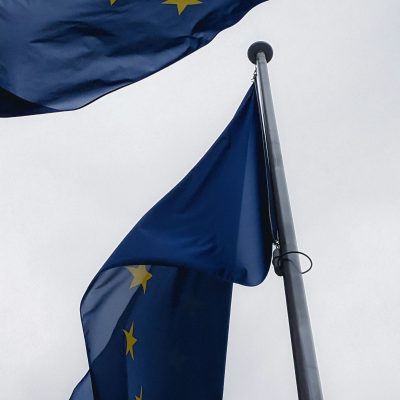The new French Regions, from a European standpoint

This Policy paper by Marjorie Jouen,adviser at the Jacques Delors Institute, analyses the impact and challenges of the French regions’ reform, from a European standpoint.
The French Government has been pursuing a sweeping reform since 2012, which it has called Act III in the decentralisation process. The reform’s most visible impact is going to be a change in the boundaries of several regions as of January 2016. By the end of the process, France will have only seventeen regions rather than the twenty-six that it has today.
Driven chiefly by domestic considerations, the creation of these new “mega-regions” has at times been justified with external and European arguments such as the need to acquire a critical mass in the international arena, or by comparison with neighbouring German, Italian and Spanish regions, and so forth. But what is the real situation and what are the challenges facing these new regions?
This paper sets out to study the impact of this territorial reform measure from three different European standpoints:
- The immediate impact of the merger and the birth of the “mega-regions” from an economic, political-and-institutional and cohesion policy standpoint: we will see that the reform, aimed at merging wealthy and poor regions will only lead to a rebalancing of the national picture.
- Setting the French reform in the current European political and institutional context: in fact, there is no European “standard” regarding the optimal size for a region and the economic success of capital regions during the last decade is mostly related to the political status of its main city. T
- Assessing the scope of the reform in relation to the multi-level system of governance that is a characteristic of the European Union. On the one hand, as it did not reduce the number of municipalities, the reform does not solve the fragmentation problem that has a negative impact on economic growth. On the other hand, it ends with a system that is increasingly hybrid, while the two most efficient models of governance in Europe are “pure” models: i.e. either centralised and united, or federal. Finally, for European observers, creating metropolitan areas makes more sense.




